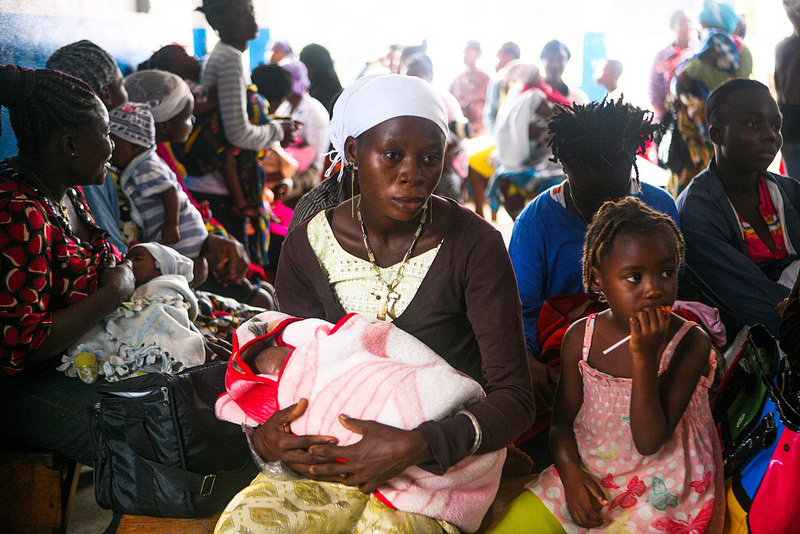| The other day, Kul Chandra Gautam came by the newspaper to meet with our editorial board. You’ve likely never heard of him, but he has the kind of resume that would inspire anyone who believes in the human spirit’s ability to rise above circumstances. Born in a tiny village in a remote part of Nepal, with no roads, no telephone, no electricity and no school, he somehow ended up at Dartmouth and Princeton, then eventually became a senior official with the |
| | United Nations and deputy executive director of UNICEF. Gautam knows a thing or two about the power of vaccines. Part of the reason he came was to share again a message this column has reported often in recent years, which is that the Third World is on the verge of completely eliminating preventable childhood deaths because of the widespread dissemination of those miracle drugs. I couldn’t help but contrast his enthusiasm, and that of other Third World practitioners I have met, with the complacency of many privileged Americans who refuse to immunize their children. One part of the world is tired of regarding death as a part of life, while another part of the world voluntarily gives up its lifesaving benefits. Not long after Gautam’s visit, Deseret News reporter Daphne Chen published a startling report on the state of vaccinations in Utah. For the first time in modern times, the percentage of schoolchildren vaccinated is slipping below levels considered minimal for “herd immunity.” The concept of herd immunity is simple. As long as about 90 percent or more of the population is immunized against a disease, that disease cannot gain a foothold or cause a serious outbreak. A small percentage of people cannot be vaccinated safely, due to disease, organ transplants or other conditions. They rely on the immunity of the herd to protect them. Chen’s report said Utah’s kindergarten classes are close to losing that protection. In rural Carbon County, only 77 percent of kids have been immunized. The report quoted one such parent who said he doesn’t believe an outbreak will happen here because people are too clean, and because the United States has good hospitals. He said this as if he believes those conditions simply exist naturally, independent of the enormous scientific breakthroughs of the 20th century that ended centuries of sorrow and death. Rep. Carol Spackman, D-Salt Lake City, has a bill that would require parents to see a video before opting their kids out of immunizations. That shouldn’t be necessary, but too many people seem to have forgotten. We are a generation or two removed from the days when parents feared to send children to public pools because of polio. Before the first measles vaccines were made available in 1963, as many as 500 people died each year from the disease, and another 48,000 were hospitalized, according to the Centers for Disease Control and numerous news reports of the day. About 4,000 suffered encephalitis, a horrible swelling of the brain. The nation had clean hospitals and people had decent hygiene back then, too. Gautam, who in retirement will soon head the board of Results, an international advocacy group at the heart of health progress worldwide, said conspiracy theories exist in the Third World, too. “There are extremist groups who spread rumors that vaccines are a conspiracy of the United States against the Muslim world,” he said. But these are dismissed because, “when people are on the verge of live or die, people don’t worry much about such things.” Instead, they embrace the obvious and miraculous effects of vaccinations. More than a year ago, I met with Namala Mkopi, head of pediatric hematology at a hospital in Dar es Salaam, Tanzania. He described the children’s ward before 2013, which daily was filled with three or four children to a bed, and many more on mattresses on the floor, dying of various diseases. Then he described the place after affordable vaccines were made available, especially against rotavirus. The beds now are empty. What a sad irony if the Third World were to get control of rampant childhood diseases just as the United States were to begin embracing them again. |


 RSS Feed
RSS Feed

